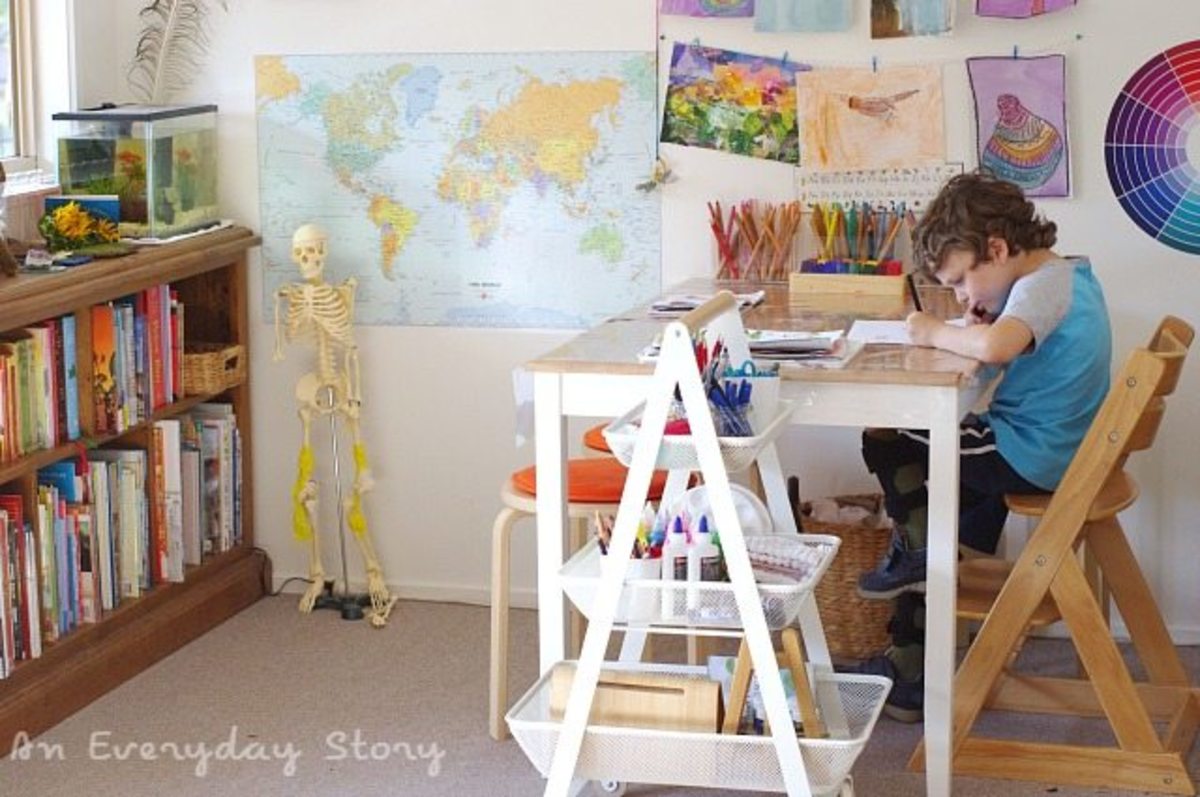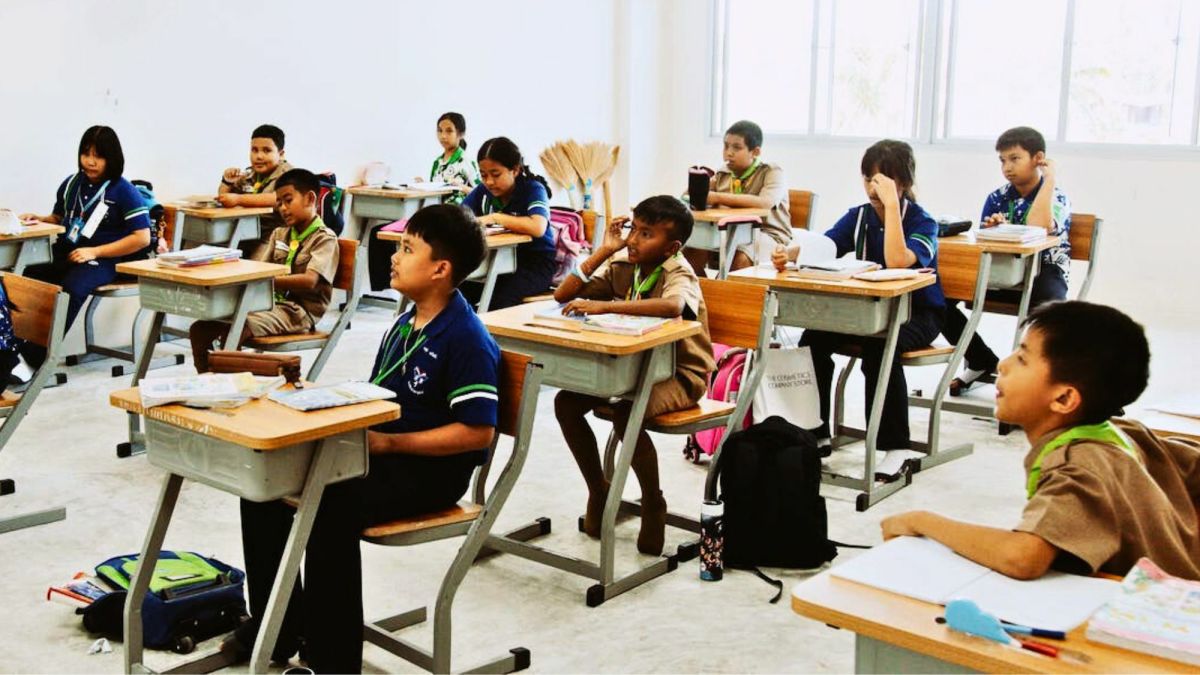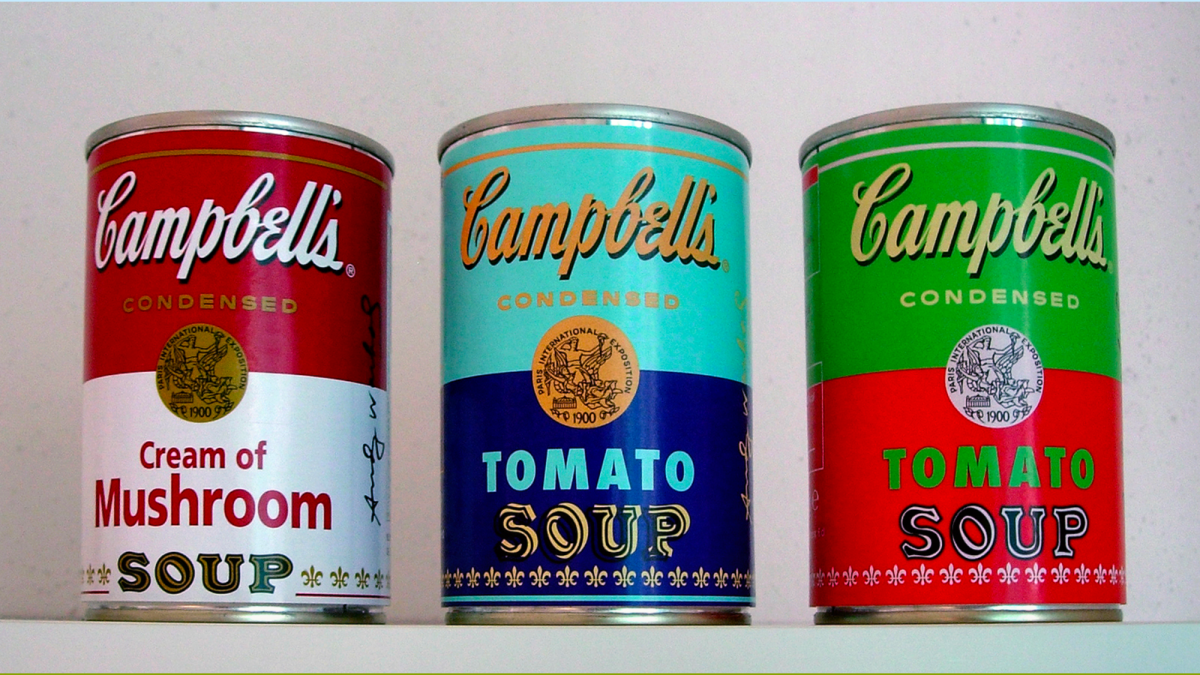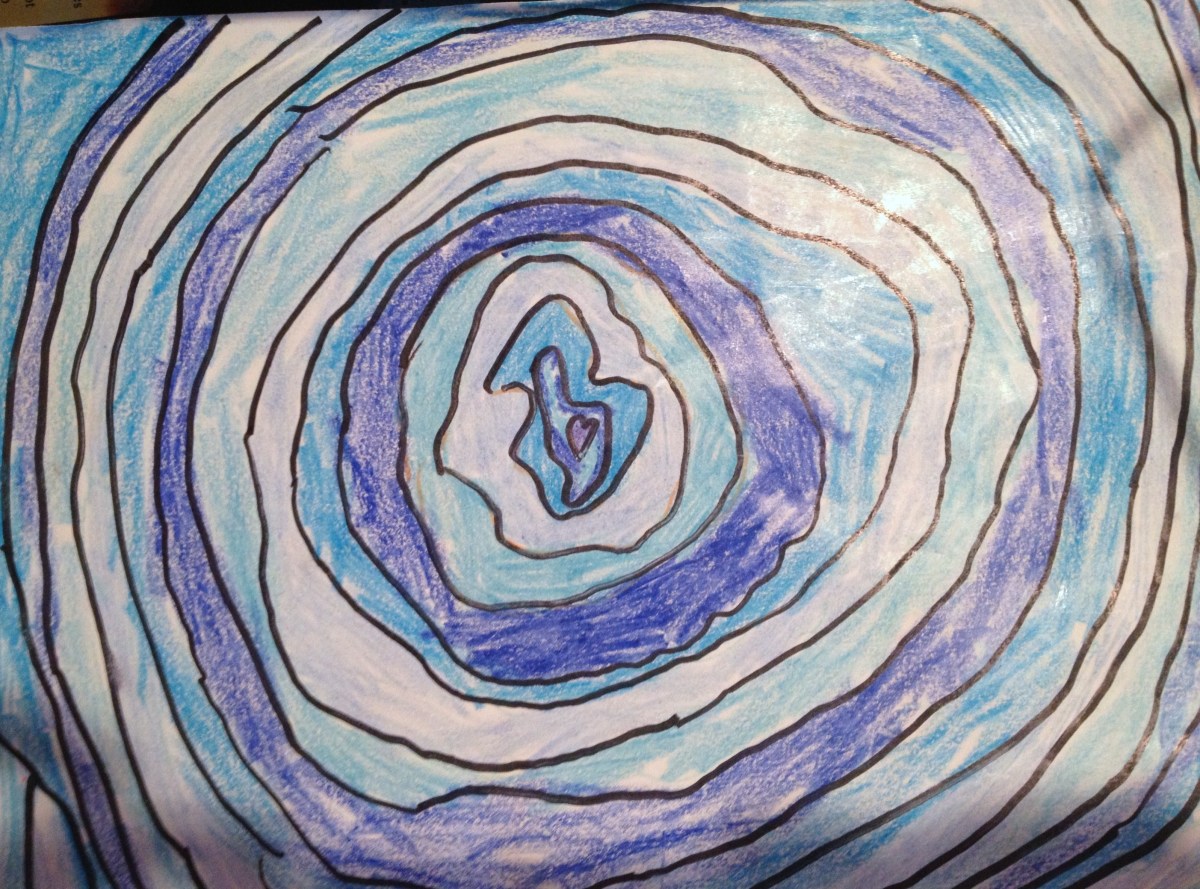Common Core and the Uncommon Child
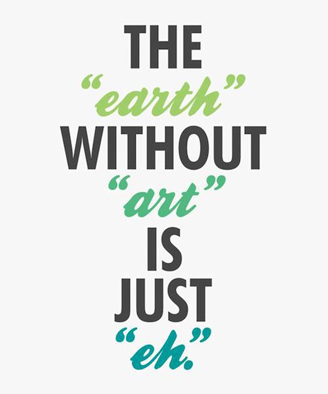
We are supposed to give our children the world we never had...yet so much gets taken away.
Since the day my son, now 11, stepped into school, I have fought the Common Core curriculum. Initially it was because my son had social anxieties that made school challenging enough. Then as my boy grew older, it was because I couldn't for the life of me understand how this set of educational guidelines and directives got approved. Many of the methodologies behind the teaching were foreign to me, and I found a good deal of them to be as nonsensical and unnecessary as they were foreign. And I quickly discovered I wasn't alone. Granted, in today's world, a little scrolling around the internet can find you a support group for just about anything. If you're bummed out that Jordache jeans no longer exist, you will find a support group for it on the internet. It will likely have a Facebook page featuring the Brooke Shields ad as it's cover photo, proudly touting the tagline "Nothing comes between me and my Jordache jeans".
But common core is different. Parents aren't just uniting against the logistics of the curriculum. We're essentially uniting against homogenizing our children. Let's set aside the fact that Common Core serves mostly to complicate traditional math so as to better explain the reasoning behind it. Let's ignore for a moment the oddly tedious, often superfluous, always ridiculous methods of the common core. I'll allow that perhaps the problem lies somewhat with the parents. It's not a curriculum we're familiar with, and so it's difficult to offer help when our children run into problems. For my part, I taught my son to circumvent the common core using traditional methods. When the time comes for my daughter to go to school, I have no doubt she will end up doing the same.
But the problem with common core goes far beyond the logistics of its teachings. The common core curriculum is exactly that: common. For as much as it professes to solve the issue of "not all kids learn the same way", it does nothing to stop all children from learning the same things. Mathematics and ELA dominate the curriculum...and not much else gets a whole lot of airtime. While I understand the need for our children to keep up with the global pace, and to keep up with other cultures all over the world...we're making their worlds a lot smaller. Our children are more than just reading and math. The world is more than just reading and math. By concentrating solely on just those two areas, we are almost eliminating the need for them. Okay, maybe not really. But we're certainly limiting the things they would use them for, because we're limiting the scope of subjects to which they should easily be ready to apply them. The art of penmanship has been abandoned almost completely; deemed unnecessary due to the use of digital devices and so, why waste the time? But is it time wasted? Penmanship requires a lot more hand-eye coordination than printing, and handwriting is probably the most individual form of self expression there ever was.
Music and art have somewhat fallen by the wayside as well. Not as acutely as penmanship perhaps, but neither of those topics gets the attention they once got; and nowhere close to the attention they deserve. While math and reading serve to define the world, art and music shape it. What we know about all of our ancestors traveled down to us through art and song. The arts have seen the world through its most troubling times, and then celebrated the recovery. They have documented our history, and in many cases, foretold our future. And yet now, the study of these subjects for school age children has been relegated to once a week, if that. How do you tell the story of humanity, the history of our world, in one class a week?
People well versed in culture and the arts were always referred to as "well rounded" individuals. That definition, to my knowledge, has not changed. It has however, become less attainable. While high school and college continue to offer more leverage for students who wish to explore the arts more in depth, it has long been agreed that the formative years take place long before then. The current academic environment no longer provides a place for artistic children to feel safe and accomplished in their self expression, Can we truly assume then, that they will reach their artistic potential if they only begin to express that side of themselves after puberty? Are we diminishing talent by delaying it? And if that is, in fact, what we are doing, are we really okay with that? I don't think I am.
I am not disputing the importance of math and reading. I am disputing the benefit of a one dimensional education in a three dimensional world. I am disputing the loss of the things that announce and celebrate our humanity. I am fighting to allow our children to express themselves in the ways that best suit them. And for them to learn more than just the informational aspects of life...there is so much more to the world, to culture...to us...than just math and reading. And it's important that we not cheat them out of the benefits of learning about all that the arts have to offer. We need to bring the arts and music back to the center stage...it's big enough to share. And too important not to.


